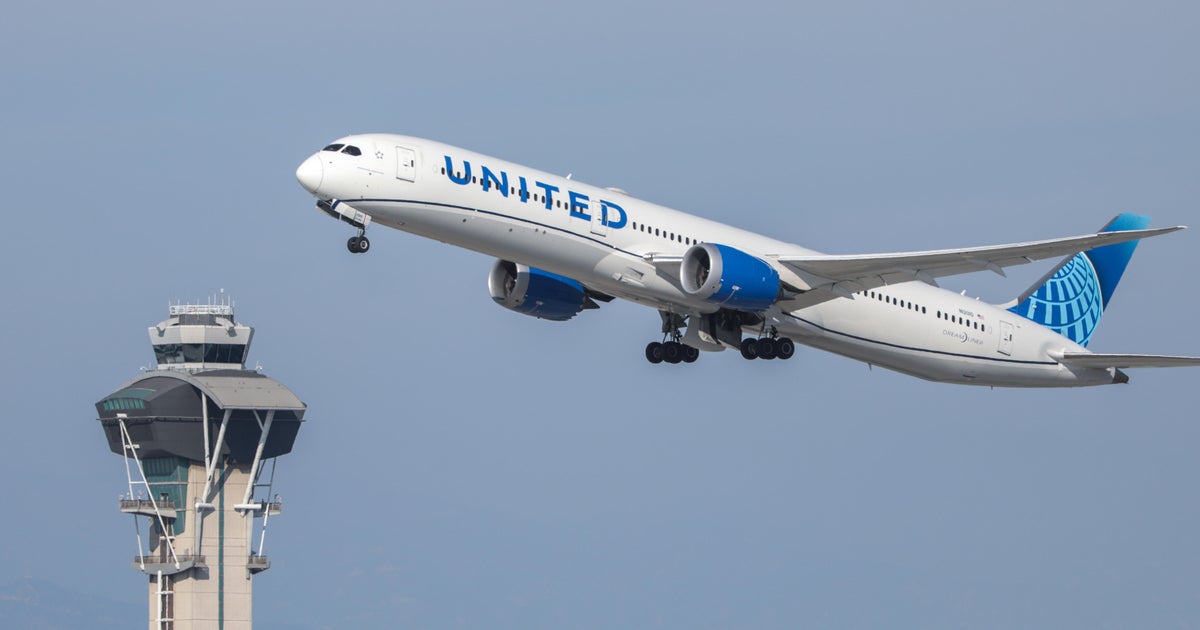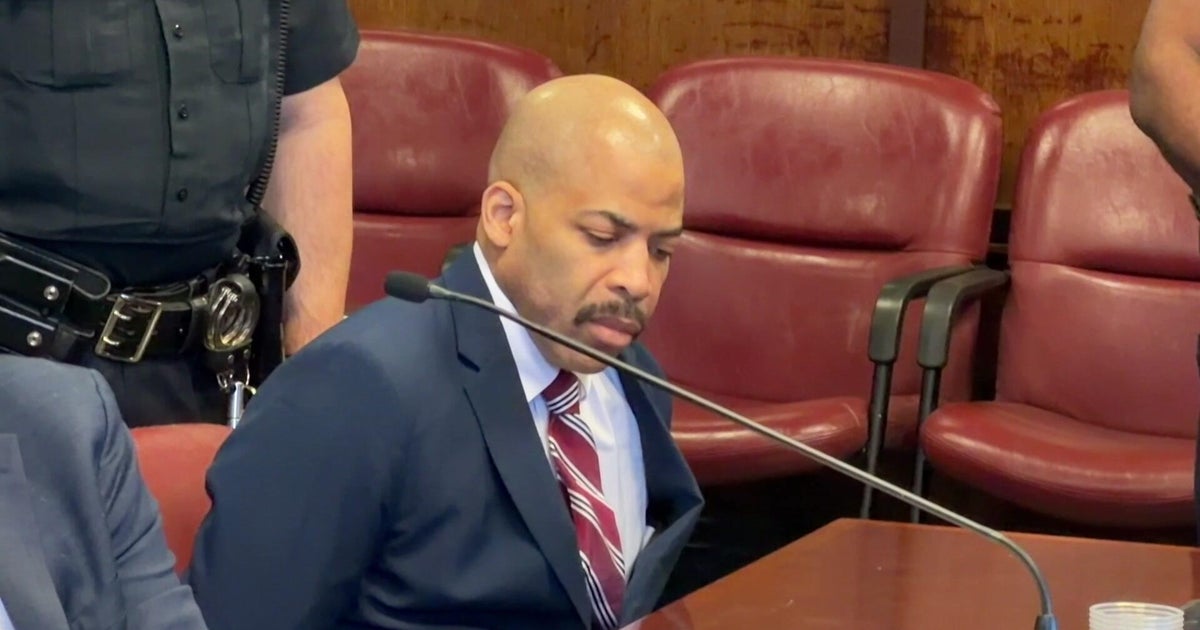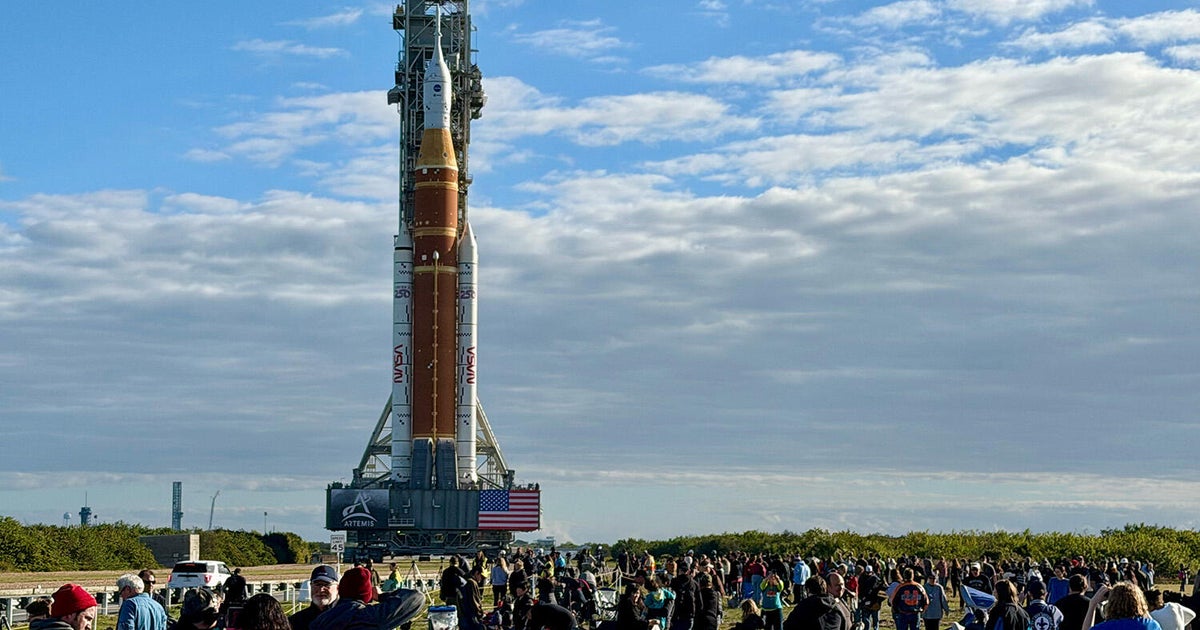TWA Flight 800 Families Mark 15 Years Since Crash
NEW YORK (CBSNewYork/AP) -- Families and friends of some of the 230 people killed when a Paris-bound jumbo jet mysteriously exploded in the sky off the Long Island coast are planning to mark the early evening moment with a quiet beach gathering Sunday.
The destruction 15 years ago of TWA Flight 800 off east Moriches just 12 minutes after takeoff from Kennedy International Airport set off a mammoth FBI investigation amid fears that a bomb or a missile had downed the plane and introduced sky-based international terrorism to U.S. shores.
The unity of family members after the July 17, 1996, crash -- and the impact of an organization formed by one of them for those who lost loved ones in disastrous circumstances -- are an enduring legacy of the crash.
A 16-month federal inquiry relied on Navy divers to pull bodies and pieces of the plane off the ocean floor and rebuild a 96-foot section of the Boeing 747. For weeks, the crash drew heavy international interest in news conferences where details of the tragedy were spoon-fed to a worried public.
Investigators eventually determined explosives were not to blame -- and that a flaming object which people on land said flared across the sky and met the plane just before it exploded was not a missile. Instead, said investigators, it was a piece of the plane itself that had broken off in an initial blast that preceded an even larger explosion.
The National Transportation Safety Board concluded the plane was destroyed by a center fuel tank explosion, likely caused by a spark from a wiring short-circuit that ignited vapors in the tank.
Those killed in the crash included Jack O'Hara, an Emmy-winning executive for ABC's Wide World of Sports, Marcel Dadi, France's best known country music guitarist and 16 teenagers from Montoursville, Pa., who were going to Paris with their high school French club.
A decade and a half later, a San Francisco woman who lost her fiance in the crash continues operating an organization she formed to bring grief counseling and relief to other people who've lost loved ones under sudden, tragic circumstances.
Heidi Snow Cinader, 39, started the group, AirCraft Casualty Emotional Support Services (ACCESS), after finding comfort for herself at a meeting of families who lost relatives in the 1988 Pan Am Flight 103 bombing.
For most of the last 15 years, Cinader has been matching hundreds of mourning family members from crashes large and small through its 24-hour hot line and 250 trained mentors, including family members from crashes that occurred more than a half century ago.
"I never had the opportunity to talk about my loss ever," Cinader recalled being told by a relative about a 1960's plane crash after discovering the organization.
Her work has attracted the attention of airlines, which have benefited from the group's expertise about grief counseling, as well as caregivers and the Red Cross, which sometimes refers people to the organization for help.
Among those helped were more than 500 family members of victims of the Sept. 11, 2001, terrorist attacks, as well as families of 229 people killed when Swissair Flight 111 plunged into the Atlantic Ocean on Sept. 2, 1998, and families suffering after an EgyptAir jetliner bound for Cairo from New York crashed a year later, killing all 217 people aboard.
"It's unfathomable. It's the worst lottery you can be a part of with the commercial airline disasters. When it does happen, a lot of people have trouble coming to terms with why their loved ones were on that specific flight at that hour. It's not supposed to happen, so when it does, it kind of separates you from the rest of the world," Cinader said.
Cinader plans to publish a book through her organization in time for the anniversary of the Sept. 11 attacks, telling the stories of relatives of people killed tragically, including the loss of a mother to a heart attack, a father to suicide, a father in a car accident, a child to sudden infant death syndrome, a fiancDe in a construction accident and numerous deaths from plane crashes.
She said she began gathering the stories on video in 1999 for an informational program titled "For Survivors By Survivors" but later decided the material would be valuable to crisis-response teams looking to build programs to help people with grief after tragic events.
The stories deliver numerous lessons, she said, including the importance of being good listeners for grief-stricken people and the understanding that recovery can be a long process. Many people expect the grief-stricken to make dramatic progress quickly and become impatient when their pain has not seemed to subside after a few months.
"After about three months, people don't want to hear about it anymore. It makes them uncomfortable. They want you to be back to normal," Cinader said.
Cinader, who is now the married mother of two girls, ages 1 and 4, said she looks forward to Sunday's memorial, the first she has attended since the 10-year anniversary.
"The memorials are important because we can come together," she said. "When the worst thing in our lives occurred, we were all together. We all remember. We're certainly so proud of everybody who survived this. They are the most compelling, remarkable people, just the fact that they still get up in the morning."
Do you remember the TWA Flight 800 tragedy? Sound off in our comments section below…
(TM and Copyright 2011 CBS Radio Inc. and its relevant subsidiaries. CBS RADIO and EYE Logo TM and Copyright 2011 CBS Broadcasting Inc. Used under license. All Rights Reserved. This material may not be published, broadcast, rewritten, or redistributed. The Associated Press contributed to this report.)







